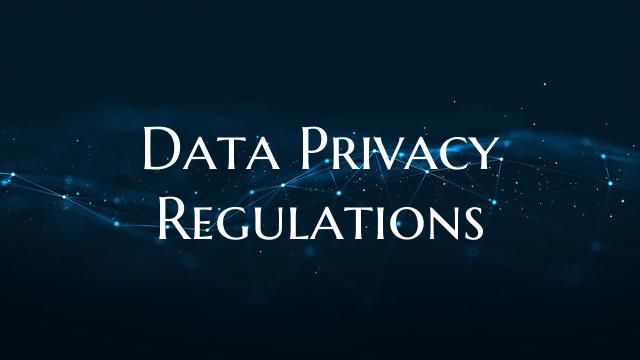Data Privacy Regulations
In today's digital age, the protection of personal data has become a critical concern for individuals, businesses, and governments alike. Data privacy regulations are designed to safeguard sensitive information and ensure that it is collected, stored, and processed in a secure and responsible manner. These regulations govern the way organizations handle data and aim to prevent unauthorized access, use, or disclosure of personal information.
One of the most well-known data privacy regulations is the General Data Protection Regulation (GDPR), which was implemented by the European Union in 2018. The GDPR requires organizations to obtain explicit consent from individuals before collecting their personal data and outlines strict guidelines for data processing, storage, and transfer. Non-compliance with the GDPR can result in significant fines, highlighting the importance of adhering to data privacy regulations.
In addition to the GDPR, many countries have their own data privacy laws, such as the California Consumer Privacy Act (CCPA) in the United States and the Personal Information Protection Law in China. These regulations vary in scope and requirements but share a common goal of protecting individuals' privacy rights in an increasingly data-driven world.
Businesses that handle personal data must take proactive measures to ensure compliance with data privacy regulations. This includes implementing robust security measures, conducting regular data audits, and appointing a data protection officer to oversee compliance efforts. By prioritizing data privacy, organizations can earn the trust of their customers, mitigate risks of data breaches, and avoid costly legal penalties.
In conclusion, data privacy regulations play a crucial role in safeguarding personal information and upholding individuals' privacy rights. As technology continues to advance, it is essential for organizations to stay informed about the latest regulations and proactively address data privacy concerns. By prioritizing data protection, businesses can build a reputation as trustworthy stewards of personal information and demonstrate their commitment to ethical data practices in the digital age.

